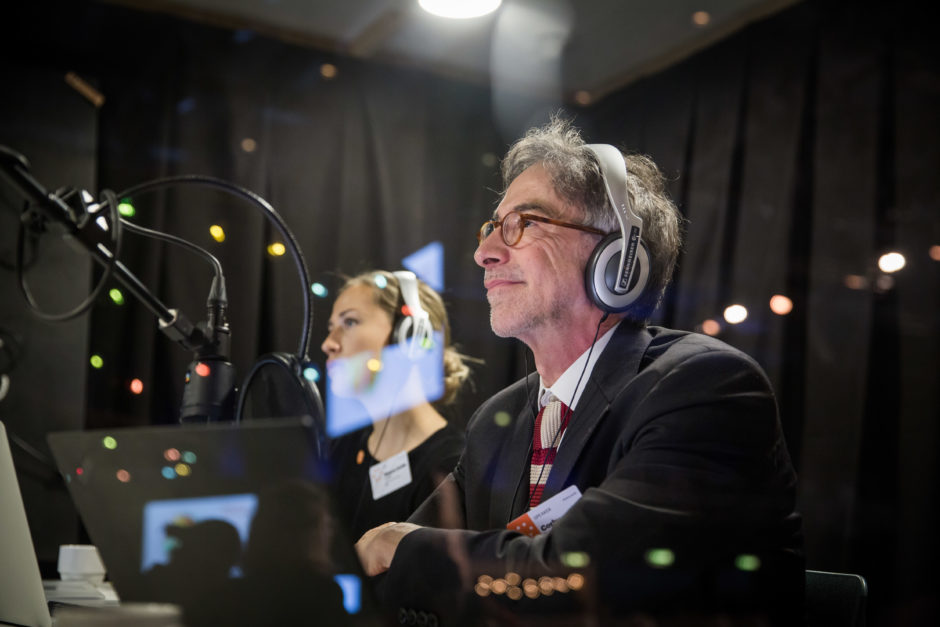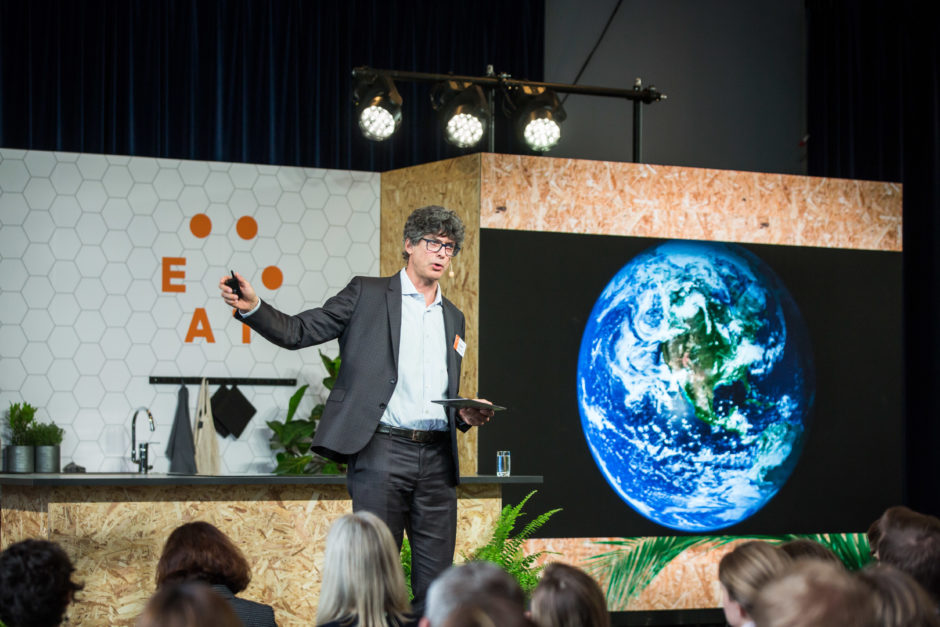
In the fifth episode of the Faces of Food podcast, we meet psychologist turned economist Per Espen Stoknes, who smuggles radical, environmental perspectives into hardcore financial companies.
How? Thinking long-term was at the core of what Per Espen has in mind when entering the world of economics.
One question has guided his research over the last decades of work: Under what conditions will humans take action for the long term in their everyday behaviors?

Specializing in stories about the future and what they mean for current decision-making processes, he started helping executive teams from all over the world to think 10, 20 or 30 years ahead.
“This inevitably included environmental and climate concerns, because these get more important the more long-term you’re able to think”, says Per Espen Stoknes in the Faces of Food podcast. “That was my way of smuggling in radical, environmental perspectives into hardcore, financial, energy and consumer good companies.”
Under what conditions will humans take action for the long term in their everyday behaviors?Per Espen Stoknes
Per Espen Stokes spent years studying the defenses we use to avoid thinking about the damage we do to our planet – to figure out a new way of talking about global warming that keeps us from shutting down. Watch his empowering TEDTalk here.
How can we change the decision-makers to see the immense benefits of a healthy and sustainable food system?
Tune in on Apple, Spotify, Castbox, Overcast or your preferred platform.
